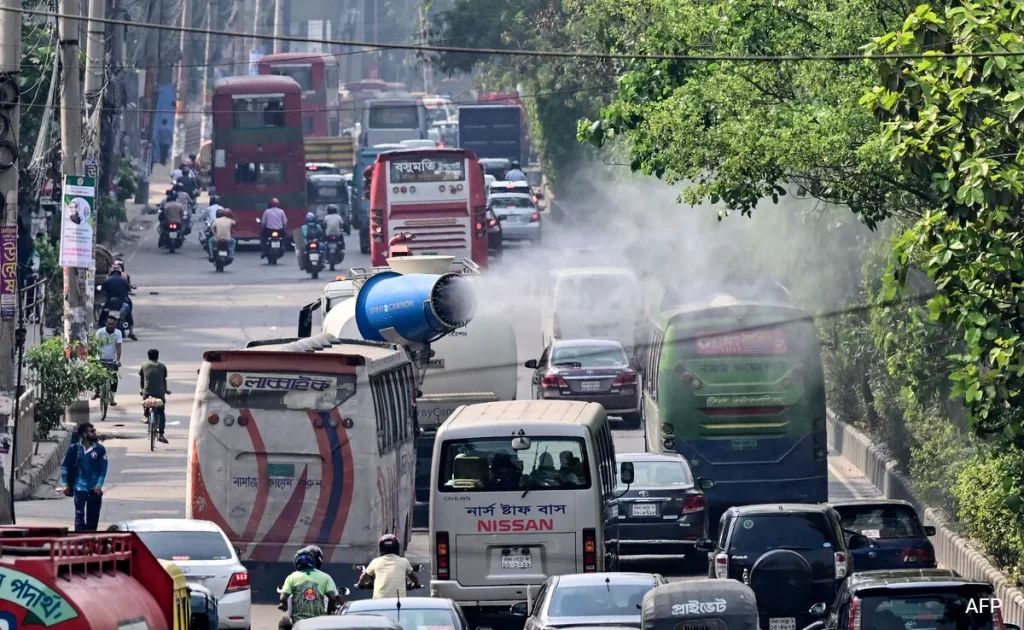DHAKA: Bangladesh’s meteorological department announced on Wednesday that April of this year marked the hottest on record, with the country and much of the region grappling with an oppressive heatwave. The relentless rise in temperatures is attributed to the profound impacts of climate change, which has led to longer, more frequent, and more intense heatwaves.
The scorching conditions prompted the Bangladeshi government to close schools nationwide, affecting approximately 32 million students. Muhammad Abul Kalam Mallik, a senior forecaster at the Bangladesh Meteorological Department, described the heatwave as unprecedented, covering around 80 percent of the country.
According to Mallik, last month recorded the highest temperatures since record-keeping began in 1948, with weather stations reporting temperatures two to eight degrees Celsius higher than the average daily temperature for April between 1981 and 2010.
The heatwave has had dire consequences, with the health department confirming at least 11 heat stroke-related deaths in the past ten days alone. Relief from the scorching temperatures is anticipated with the onset of rain expected from Thursday onwards, following a week of extreme heat, with the capital Dhaka experiencing several days over 40 degrees Celsius.
Mallik attributed the severity of the heatwave to the absence of the usual pre-monsoon April thunderstorms, which typically provide respite ahead of the summer season. This year, however, rainfall was significantly lower than average, exacerbating the heatwave’s impact.
Concerns over the heatwave’s toll on public health prompted the government to extend the closure of schools until Sunday. This decision followed reports of several teachers succumbing to the extreme temperatures.
The plight of the population prompted gatherings at mosques and open spaces across the nation, with thousands praying for rain. Muhammad Abu Yusuf, an Islamic cleric, expressed the anguish felt by many, describing life as unbearable due to the prolonged absence of rainfall, particularly affecting the most vulnerable communities.
The heatwave extends beyond Bangladesh, with large parts of South and Southeast Asia experiencing record temperatures. The El Niño phenomenon further exacerbates the situation, contributing to exceptionally warm weather conditions across the region as the monsoon season approaches.


